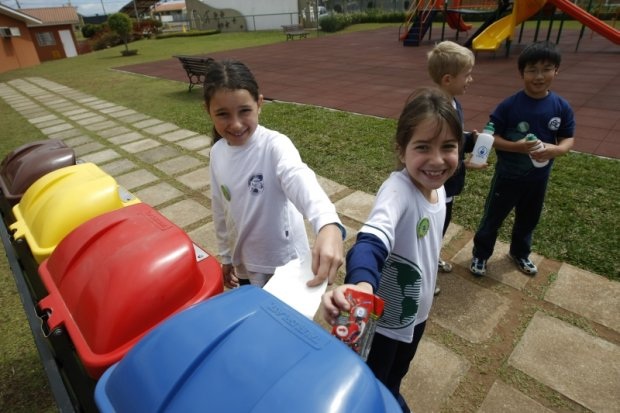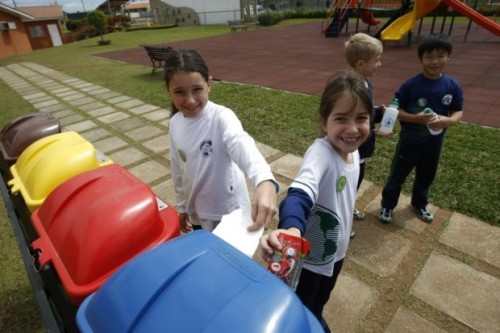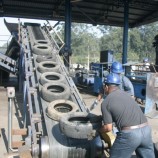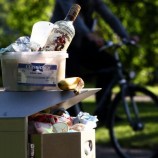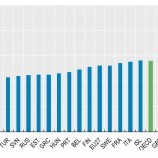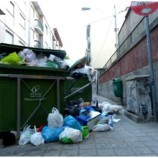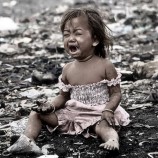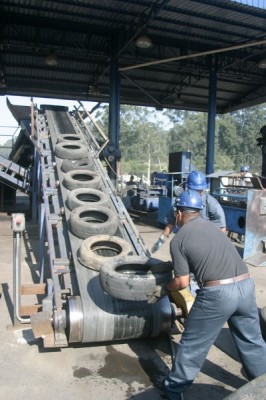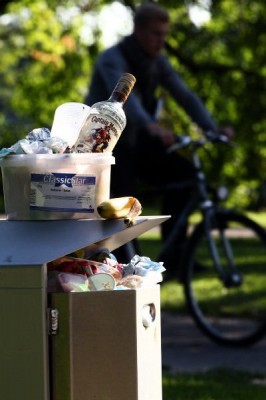The name is not very palatable. Most people twist their tongues or switch the syllables around the first time they say “reverse logistics.” Through this instrument, Brazil enters the modernity of waste management. It is an instrument of economic and social development characterized by a set of actions, procedures and means to enable the collection and restitution of solid wastes to the business sector for reuse in its cycle or other productive cycles, or other environmentally suitable final destinations.
As foreseen in the National Policy on Solid Waste – PNRS, Law 12.305 of 2010 and regulated by the decree 7.404, also of 2010, it has as support for its elaboration and implementation the founding of the Inter-ministerial Committee of the National Policy on Solid Waste. The purpose of which is to support the structuration and implementation of the PNRS, by way of the articulation of government bodies and entities for the fulfillment of determinations and goals foreseen in the law. The work of elaborating these programs which will account for this requirement is no simple task for the committee. It was to be expected that its coordination stay with the Ministry of the Environment, and that is a fact. It was also to be expected that its composition would contain the Civil Office of the President of the Republic and the Ministries of various cities as well as the Ministry of Development and Combat to Hunger, of Health, Mines and Energy, Finance, of Planning, Budget and Management, Development, Industry and Foreign Trade, of Agriculture, Livestock and Food Supply, Science and Technology and The Secretary of Institutional Relations of the Presidency of the Republic, and this did happen.
What is hard to imagine is that the Ministry of Education – MEC, responsible for the education in Brazil, through a systemic vision with integrated educational actions would be left out of this process. This is because there is a general shortage of skilled labor in all the stages of the process of waste management in Brazil.
The lack of institutional development in the solid waste industry, the difficulties of defining adequacy from the model to the local reality, of quality technical projects, of the management and operation of these services is clearly felt. The professionals of this segment within its various levels suffer from a lack of quality formal education.
There is also the need for civic education so that each citizen is trained to separate dry residues from wet ones and make them available for selective collection. In this sense the participation of MEC is fundamental. Technical and higher degree courses that meet this need should be proposed and implemented to cover this historic fissure in environmental stability. In the same way that universities created courses in water supply and sanitation in the 1970’s so that state sanitation companies and consulting firms in this area could structure themselves, the same should be done now 40 years later for waste management. If conventional waste management needs much improvement, what can be said in the case of reverse logistics – of shared responsibility and sectorial agreements? We have to look forward, envision situations not yet explored, familiarize ourselves with the successful models in countries that have these models implemented; schedule, and implement new procedures. Out of all this, MEC will become a strategic institution on knowledge, on discovery and the deployment of a waste management model that includes reverse logistics and with it the guarantee of a waste management process that is responsive to advances advocated in Brazil by PNRS and open its arms to receiving a more sustainable spring than previous ones.
Related Articles


